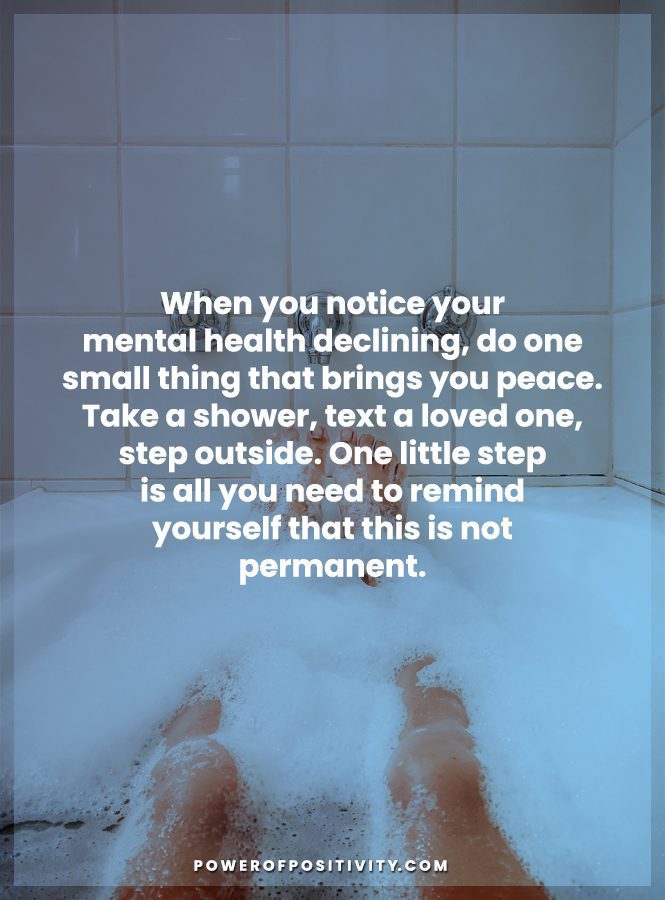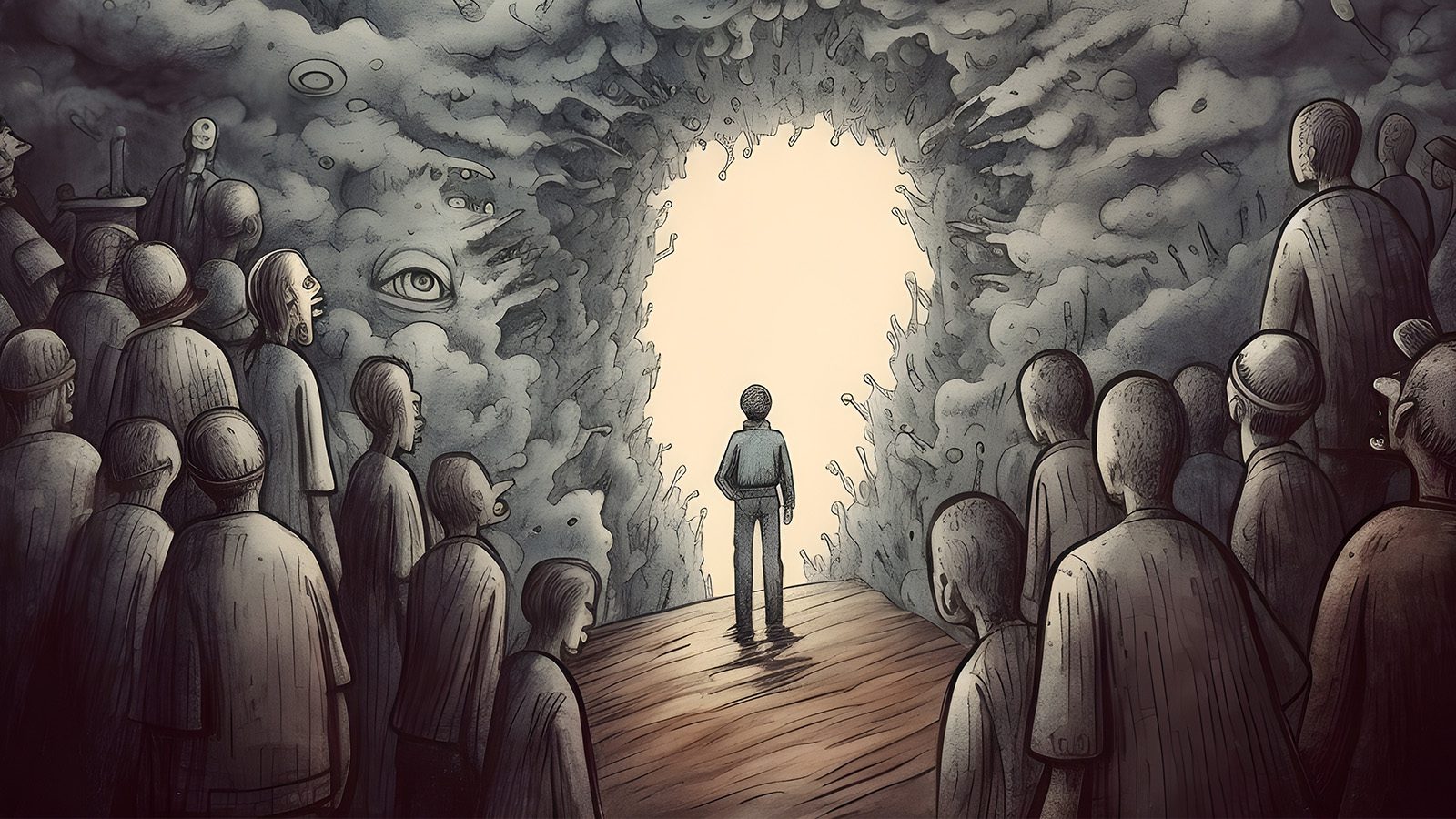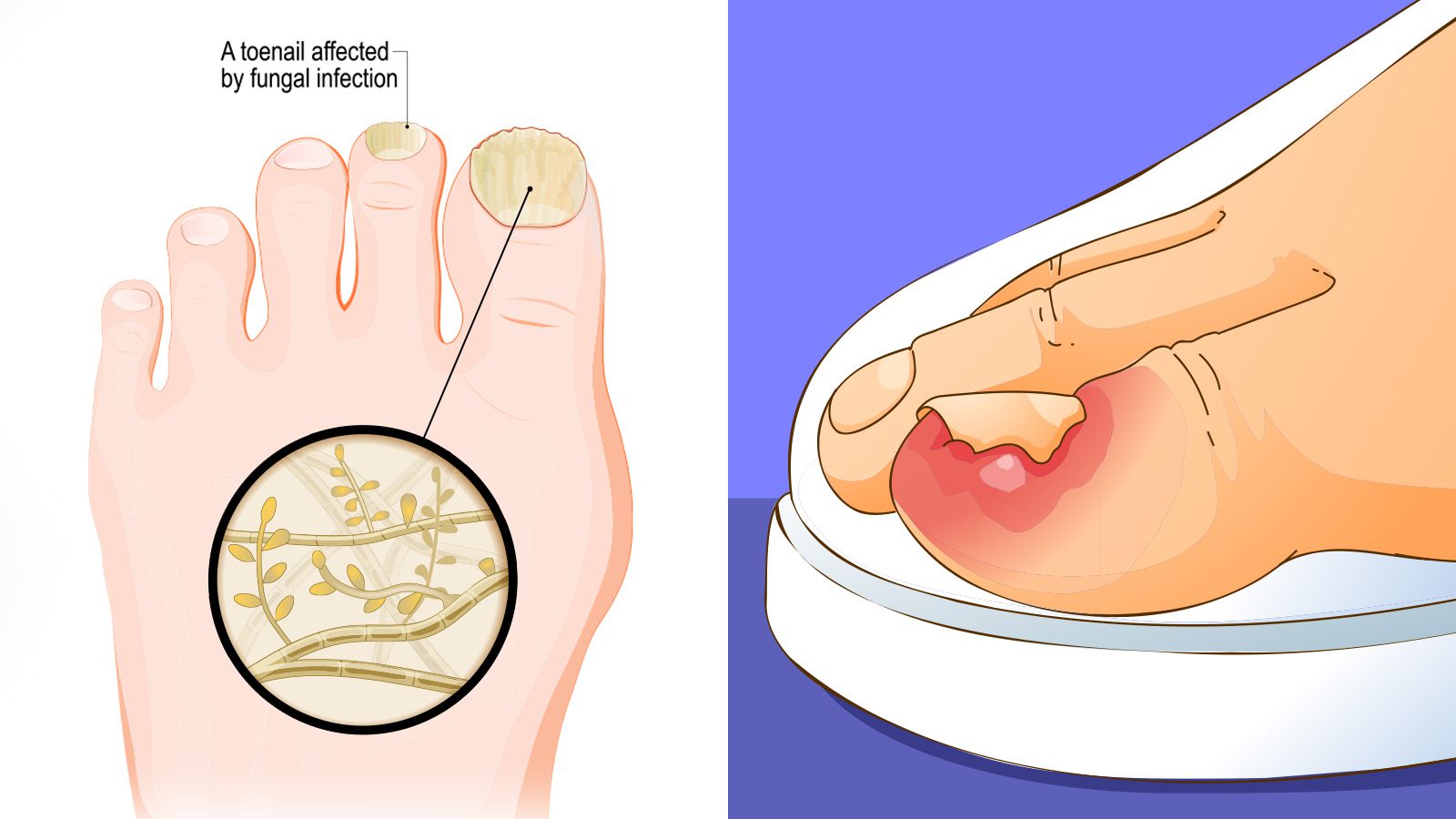Much like Post Traumatic Stress Disorder, PNSD is a disorder that occurs after living with a narcissist. Living with a narcissist can be extremely taxing on a person. Narcissists tend to be extremely manipulative and abusive. They will often gaslight their victims and make everything about their feelings.
After getting free of a narcissist’s influence, people can often experience a period of helplessness, anxiety, anger, or depression, much like what happens after a traumatic event. People with PNSD react much like people who have PTSD. There are three significant signs for someone suffering from Post Narcissist Stress Disorder.
What Is Narcissism?
Narcissism is a term from Greek mythology, where Narcissus, a beautiful but vain youth, fell in love with his reflection in a pool of water. In modern psychology, narcissism is a personality disorder characterized by a grandiose sense of self-importance, a lack of empathy for others, and a need for admiration and attention.
A narcissist is someone who is preoccupied with themselves and their own needs. They may appear charming and charismatic, but a need for validation and attention drives their behavior. They have a distorted sense of self, seeing themselves as superior to others, and often believe they are entitled to special treatment.
The Harmful Impact of a Narcissist Causes PNSD (Post Narcissistic Stress Disorder)
Narcissists can be difficult to deal with, both personally and professionally. Their behavior can harm those around them, causing emotional distress, interpersonal conflicts, and a range of other adverse outcomes.
Some of the ways that narcissists harm their victims include the following:
- Emotional abuse: Narcissists may abuse emotionally by belittling, criticizing, and demeaning their victims. They may use tactics like gaslighting to manipulate the victim’s perception of reality and make them doubt their judgment.
- Manipulation: Narcissists are skilled at manipulating others to get what they want. They may use flattery, lies, or threats to control their victims and get them to do their bidding.
- Exploitation: Narcissists often see other people as objects to be used for their own benefit. They may exploit others financially, sexually, or in other ways.
- Gaslighting: Narcissists may use gaslighting to make their victims doubt their memories and perceptions. They may deny events that occurred or distort them in a way that makes the victim feel like they are going crazy.
- Isolation: Narcissists may isolate their victims from friends and family members, making them dependent on the narcissist for social support.
- Blame-shifting: Narcissists often blame others for their problems and shortcomings. They may make their victims feel responsible for their own mistakes and failures, even when the victim had nothing to do with them.
- Lack of empathy: Narcissists are often unable to empathize with others, making it difficult for them to understand or respond to the emotional needs of their victims.
- Jealousy and envy: Narcissists may become envious of their victims, seeing them as a threat to their self-importance. They may sabotage the victim’s success or try to control their behavior to maintain their own sense of superiority.
- Rage: Narcissists may become enraged when their sense of self-importance is challenged. They may lash out at their victims with verbal or physical abuse, or engage in passive-aggressive behavior to punish them.
Here Are 3 Signs Someone Is Suffering from Post Narcissist Stress Disorder
“Trauma is personal. It does not disappear if it is not validated. When it is ignored or invalidated the silent screams continue internally heard only by the one held captive.” – Danielle Bernock
1. Flashbacks can reveal PNSD
Much like PTSD, PNSD can also cause the survivor of the narcissist to have flashbacks to their time with them. This can happen for any reason. There are things called “triggers”, which can be any range of things. These triggers cause people to “flashback” to their time with the narcissist.
According to the Royal College of Psychiatrists Public Education Committee, “You find yourself re-living the event, again and again. This can happen both as a ‘flashback’ in the day and as nightmares when you are asleep. These can be so realistic that it feels as though you are living through the experience all over again.” Triggers can be certain smells, certain places, specific behavior, or even certain sounds or words.
Many people suffering from PNSD may have difficulty dealing with other people’s emotions because a narcissist will often fly into a rage at the drop of the hat. Someone suffering from PNSD may be triggered into a flashback when they perceive someone as being upset or angry with them. The survivor may also get flashbacks to periods of manipulation by the narcissist.
This may lead to extreme paranoia, where they wonder if the people around them are manipulating them. It may feel like they’re playing a game they can’t win, even if no one around them has an ulterior motive.
2. Avoidance
Someone who is suffering from PNSD may become avoidant of any number of things. This avoidance may manifest in an avoidance of people, places, things, activities, or even emotions. Narcissists tend to control their victims, using manipulation and anger to keep someone under their control. Even once the survivor is free from the narcissist’s power, they may still exhibit PNSD in the form of avoidance.
Often, the survivor will avoid things that remind them of the narcissist’s anger or things they weren’t allowed to do while under the narcissist’s influence. They may also become emotionally avoidant. People who are victims of a narcissist will often be gaslighted into believing that their emotions are damaging to the narcissist. This may lead to someone with PNSD being distant from their emotions because they had to learn not to feel anything to survive the narcissist.
3. Difficulty returning to normal life
One of the major symptoms of both PTSD and PNSD is extreme difficulty returning to everyday life. For a person trying to return to day-to-day life after living with a narcissist, this may include anything from paranoia to panic attacks, to depression. Living with a narcissist can be extremely overwhelming, and someone who does so has to shift their expectations of day-to-day life.
They often have to learn to adapt to a “new normal.” Afterward, when they’re removed from the narcissist’s influence, the survivor may find it difficult to adjust to life again. They may have panic attacks or question their own memories and observations.
But there’s good news. According to Mayo Clinic, “Most people who go through traumatic events may have temporary difficulty adjusting and coping, but with time and good self-care, they usually get better.”
How to Help Someone Suffering from PNSD
Knowing the symptoms of PNSD can be incredibly helpful, especially when trying to figure out what can be done to aid a narcissist survivor. Here are some ways to make a survivor’s life easier and help them transition from living with a narcissist to living their lives again.
1. Listen
Survivors will want to tell their truth as they remember it. Allow them to speak. Listen to them and validate what they’re saying. WikiHow states, “Use active listening. Don’t interrupt but try to repeat what you hear in order to make sure you understand. Let the conversation end if it becomes too intense.”
Make sure they know that you hear them. It can be incredibly valuable to the healing process for a survivor to be heard.
2. Validate their emotions
They may be feeling all over the place, but the important part is they are feeling. Emotions aren’t “good” or “bad”. They’re neutral and important to our survival. If a survivor tells you that they’re feeling angry, or hurt, or afraid, listen to them. Then validate how they’re feeling. Even if the emotion isn’t appropriate for the situation, survivors often have to relearn how to use their emotions.
3. Support them
People who exit a relationship or living situation with a narcissist often have to build their support system from the ground up. “You can gently encourage and empower your loved one to start healing the rift by interacting with people and the world. Again, don’t push. Your loved one might resist, so simply promise to be there,” adds WikiHow.
Being there for them will mean more than you can imagine. Sometimes, all they need is someone to be there when things get rough. Even if you’re just there to offer a listening ear, you’ll make a world of difference.
Final Thoughts on Helping Someone Recovering From PNSD
Dealing with a narcissist is a challenge. But it’s essential to help someone escape their grasp–the situation is not your loved one’s fault. It’s also important to encourage them to gain the support of a mental health professional to recover from the mental abuse. With time and support, it is possible to heal from the harm caused by a narcissist and help the victim move forward.

















